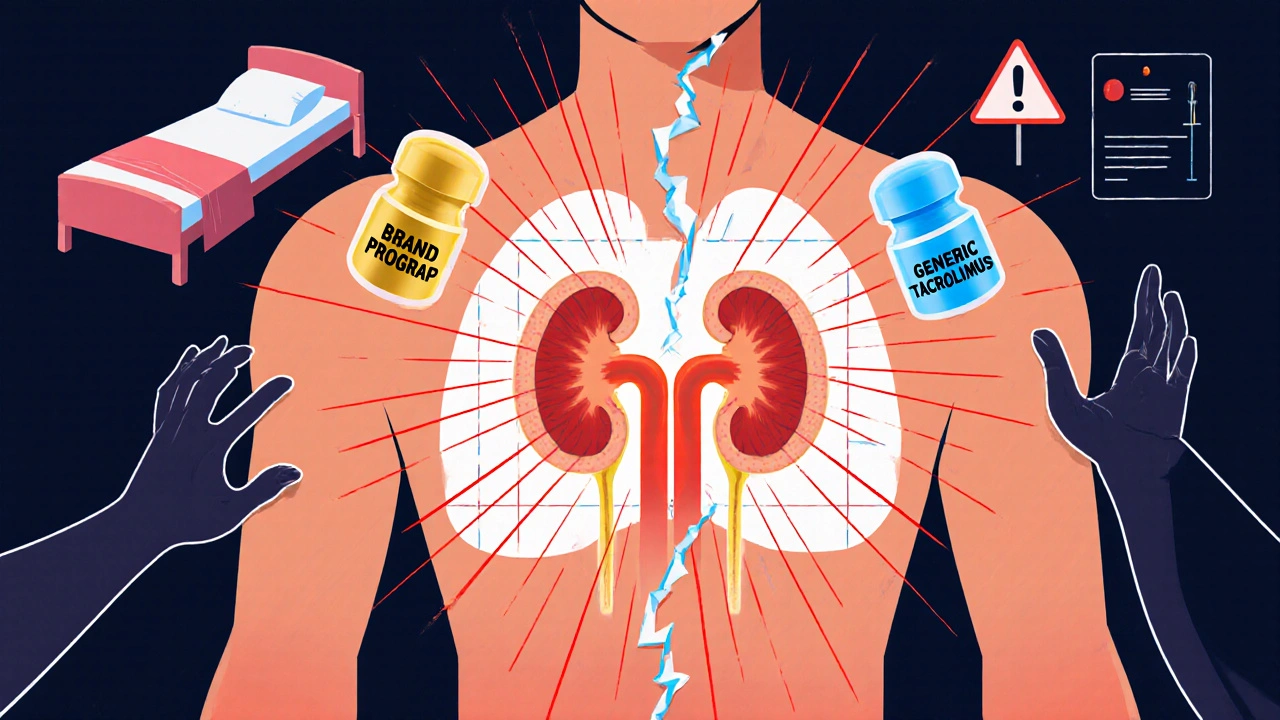Narrow Therapeutic Index: Why Some Medications Can't Be Swapped Safely
When a drug has a narrow therapeutic index, a small difference in dose can lead to toxicity or treatment failure. Also known as NTI drugs, these medications sit on a razor’s edge—enough to work, but too much can hurt you. Think of it like tuning a guitar: if you turn the peg just a little too far, the note breaks. With NTI drugs, that tiny turn could mean a seizure, a toxic reaction, or a failed treatment.
These aren’t just any pills. antiseizure medications, like phenytoin and carbamazepine, are classic examples. So are warfarin, a blood thinner where a 10% dose change can cause a stroke or dangerous bleeding. Even thyroid hormones, like levothyroxine, fall into this category. The problem isn’t the drug itself—it’s how little room there is between the dose that helps and the dose that harms. That’s why switching from a brand-name version to a generic, even if labeled "bioequivalent," can sometimes trigger a crisis.
Studies show that patients on NTI drugs who switch generics report more breakthrough seizures, unstable INR levels, or thyroid symptoms. It’s not because generics are unsafe overall—it’s that for these specific drugs, tiny differences in fillers, absorption rates, or manufacturing can add up. Your body doesn’t care about the label—it cares about what’s actually in your bloodstream. That’s why doctors often recommend sticking with the same brand or generic manufacturer, especially for epilepsy, heart rhythm disorders, or organ transplant patients.
If you’re on one of these drugs, don’t assume all versions are the same. Ask your pharmacist: "Is this the same maker as last time?" Check your prescription for the brand name or manufacturer. Keep a log of how you feel after any switch. And if you notice new symptoms—dizziness, irregular heartbeat, seizures, or extreme fatigue—don’t wait. It might not be your condition worsening. It might be the pill.
Below, you’ll find real patient stories, clinical comparisons, and safety guides that break down exactly which drugs are high-risk, what the data says about switching, and how to protect yourself when generics are the only option.

